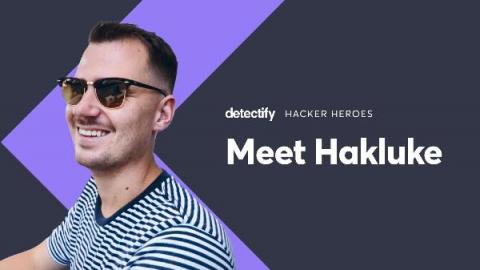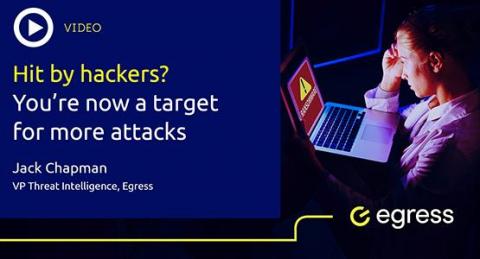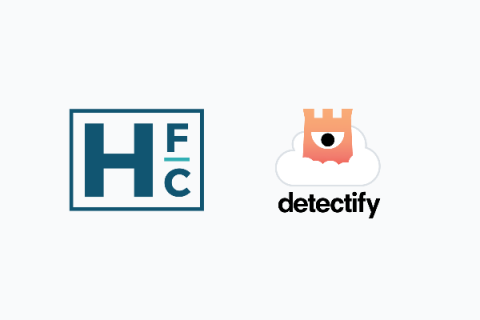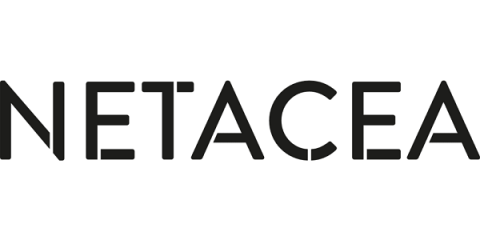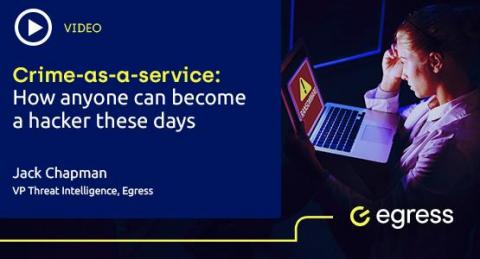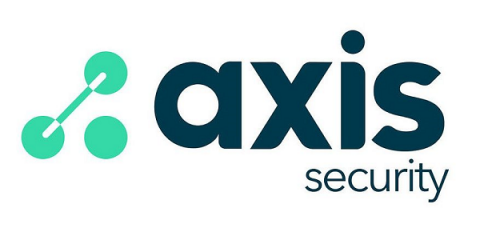Meet a Hacker Hero: Hakluke
Detectify collaborates with Crowdsource, our private network of ethical hackers to help our customers access the latest critical security research and secure their web apps. With a hot hack summer, we saw a lot of devastating breaches which casted a negative view onto hackers as criminals. At Detectify, we believe that hackers are our allies.


